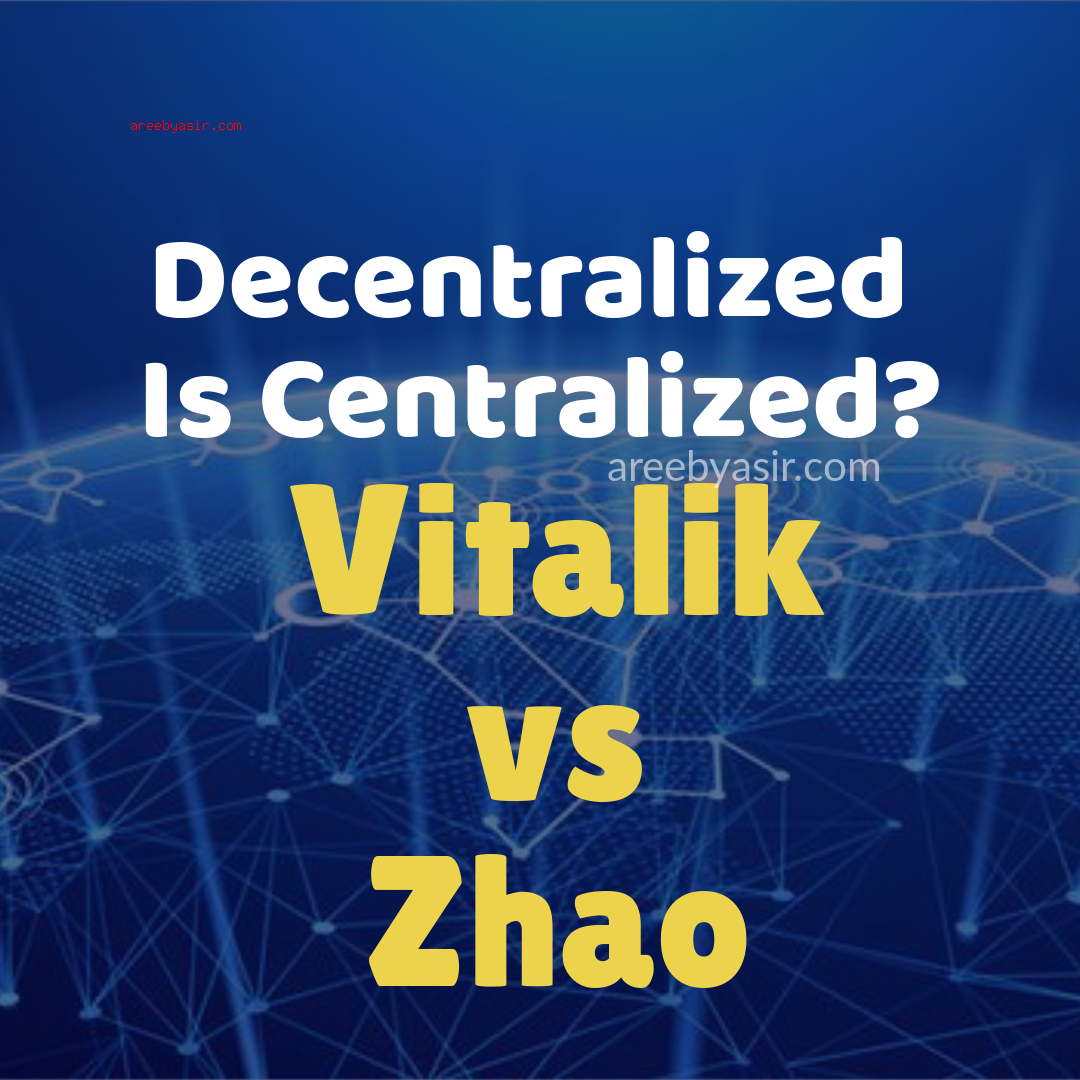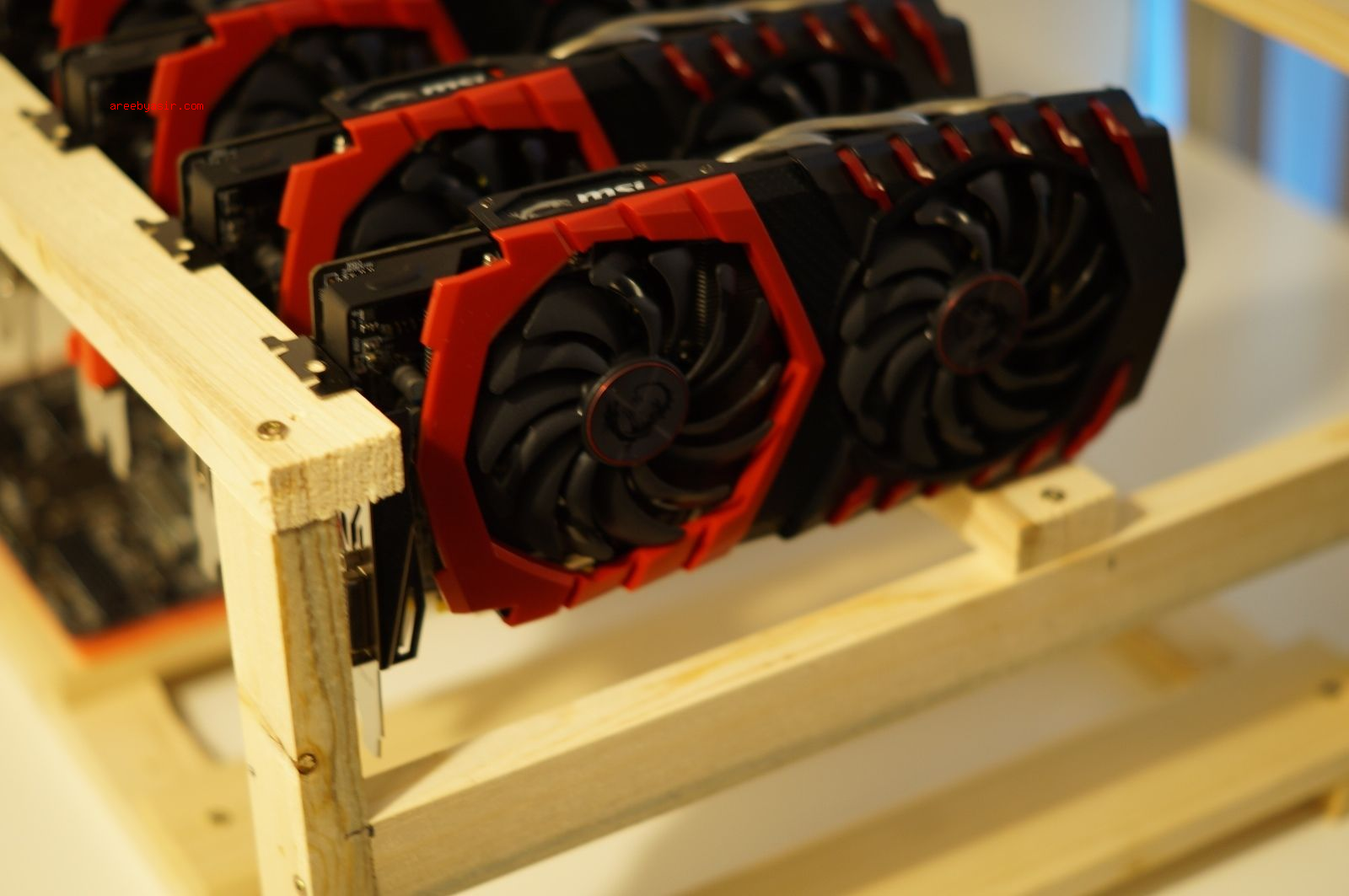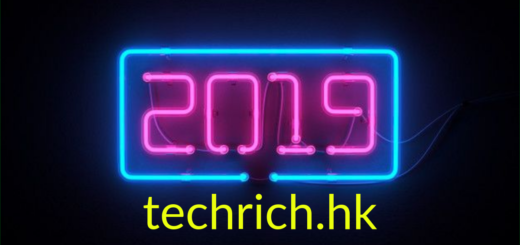Is Decentralized Centralized?

Vitalik Buterin VS Changpeng Zhao
I always found it strange when people refer to decentralized as completely decentralized when it comes to cryptocurrency. Because, there is never truly such a thing as decentralized. It is always run by someone (some people).
Vitalik Buterin said during an interview at the Tech Crunch sessions: Blockchain 2018, that he hoped, “centralized exchanges burn in hell as much as possible”.
He continued, stating that centralized exchanges wield “stupid king-like power”, since they have the ‘power’ to chose which cryptocurrencies “become big” after making projects pay extortionate $10 to $15 million in exchange listing fee’s.
Many people, even cryptocurrency users might not have known that. Yes, you’re favorite coin has to pay up if they are going to be listed. And Buterin’s not wrong to say this.
However, there is a lot of hypocrisy in Vitalik’s statement. He has the resources to make his own decentralized exchange if he wanted to but has not. And further, it is his Ethereum honestly that enabled most of the ICO scams out there and is one of the worst and most vulnerable currencies in my opinion. His idea of decentralized is the wild-wild west of the internet full of scams and fraud. Let’s look at a popular decentralized exchange like “Etherdelta”. It is widely known as a scam where people have lost money. And it’s no wonder since almost all of the decentralized exchanges I’ve seen A.) don’t work right, and B.) force you to create a wallet where they hold and control the private keys (you cannot use your own wallet at least with ones like Etherdelta).
Considering Ethereum is essentially also a centralized currency which is first and foremost controlled by Vitalik. Some of you are probably saying ‘how’, it’s a decentralized cryptocurrency. And some of you Tech nerds already know the back end side of all cryptocurrencies, and that it’s controlled essentially by someone. Even Bitcoin is being handled and maintained by people, it might not be “Satoshi Nakamoto” but it’s got people working and controlling it.
This verbal trashing of exchange, caused Binance Founder, Changpeng ‘CZ’ Zhao to respond on Twitter.
Zhao pointed out several flaws in Buterin’s argument.
“There is no absolute decentralization. Projects with core teams still have centralization. Today, Vitalik probably has more king-like powers than anyone else in this industry, and has used it, by serving as advisors to projects, therefore helped to decide their fate, at least fate of their ICOs to a large extent.”
He went on to say that “decentralization is not safer by default” and this was clearly supported by recent hack of decentralized exchange Bancor. Which saw $12 million worth of Ether as well as EtherDelta falling victim to a phishing attack late last year.
Zhou isn’t wrong, but he’s not right either.
Buterin chose not to reply publicly instead opting to respond to a cheeky Tweet from a new French cryptocurrency exchange Blockchain.io that asked whether their “decentralized settlement feature” would send them to purgatory.
Buterin responded in French saying:
“It’s much better than a fully centralized exchange, but it doesn’t solve the other problem, as centralized exchanges have a lot of control over the market and can choose which currencies become the most popular etc etc. In all, I think this is a very good idea and I hope that more cryptocurrency exchanges will use this semi-centralized method.”
IDEX, is pretty much one of the most popular semi-centralized crypto exchanges as they offer features from both centralized and decentralized exchanges is currently ranked #91 in terms of total trading volume for all crypto exchanges in a 24 hour time frame. I attempted to use it when it first came out and had nothing but problems and their support chat and twitter were full of complaints about scams and lost money and balances.
Apart from IDEX, there are several other decentralized exchanges ranking within the top 100 overall trading volume for crypto exchanges. But still, majority of the volume is held dominate by centralized exchanges.
The reason why it’s dominated over decentralized exchanges, is because of the scams, and no accountability. People naturally choose whats more ‘safe’ when it comes to their money. And in this case, centralized exchanges are safer.
But both Zhou and Buterin agree, that decentralized exchanges are the best option moving foward. I disagree with both.
In March, Binance announced their intentions to launch a decentralized exchange along with a public blockchain:
“Centralized and Decentralized exchanges will co-exist in the near future, complementing each other, while also having interdependence.” — Binance
There are hybrid exchanges already like the Binance is proposing. Blockchain.io and IDEX are two good examples. Blockchain.io is still in the process of doing it though.
Although I understand the thought process behind this, as a IT professional and investor, this decentralized exchange is a open door to insanity. Nothing, not even cryptocurrency is 100% decentralized, that’s impossible and incredibly unsafe. Cryptocurrency is already filled with a lot of fraud, scams and hacks (but still not as much as Fiat currency by the way), but having decentralized exchanges is just asking for double the trouble.
At the end of the day, we just need a better coin and a better exchange, otherwise we’ll fall into the same traps as Fiat, and reguritate the same ol’ system again.
What do you think?
Cheers,
A.Yasir




